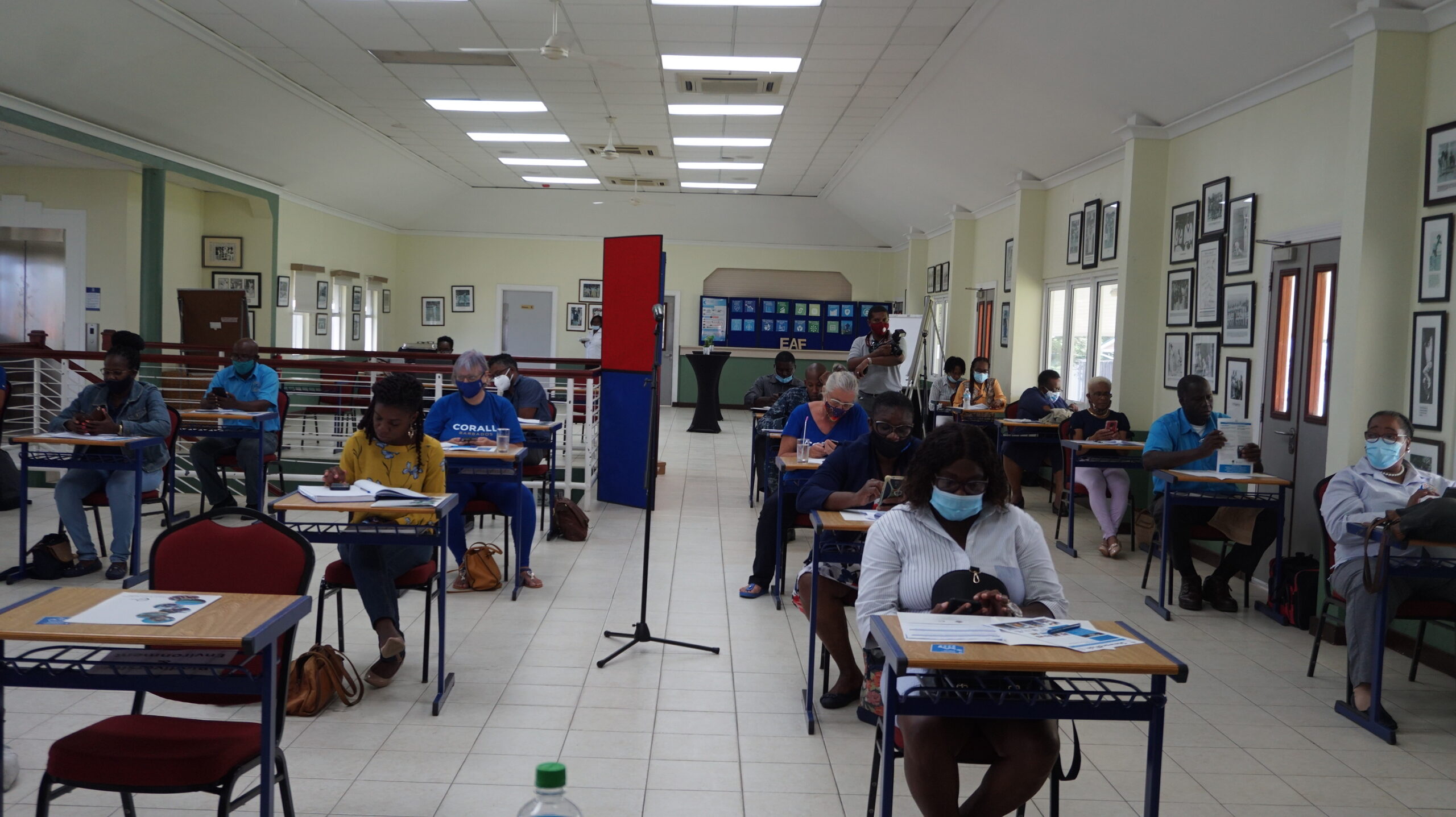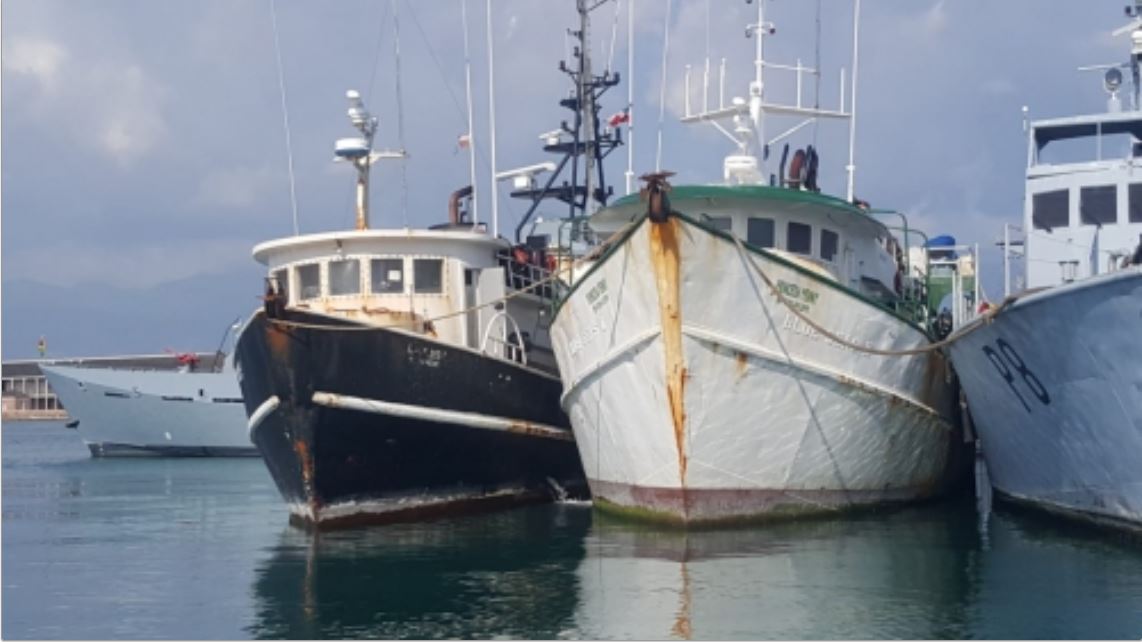The Centre for Resource Management and Environmental Studies (CERMES) on Tuesday, September 29, began a two-day training workshop for fisherfolk and other representatives of the fisheries sector, focusing on an Ecosystem Approach to Fisheries (EAF).
It is aimed at creating healthier habitats and reducing pollution in the marine environment.
The workshop is the first in a series of seminars being held across the Caribbean as part of the second component of the Stewardfish Project, which seeks to empower fisherfolk throughout value chains to engage in resource management, decision-making process and sustainable livelihoods. The project runs from May 2018 to April 2021.
Postdoctoral Research Associate at CERMES, Dr Shelly-Ann Cox, told participants on the first day that some of the activities in this component include the training of fisherfolk in EAF, and establishing a National Code of Conduct for Responsible Fisheries in Barbados.
Cox, who is also the workshop facilitator, disclosed that regional fisheries officials recently completed a Regional Code of Conduct.
According to her, the project is also seeking to raise awareness of the concepts and principles of EAF, in a bid to help preserve the marine environment.
“We have some degradation of some of our fisheries resources. You as fisherfolk know you might not be seeing some of the fish that we saw before; of course sea eggs as well, [that] population has decreased. And of course you have seen how the marine environment has also been degraded, the reefs don’t look as beautiful as they once did,” she said.
Regional Project Coordinator for the Stewardfish Project, Terrence Phillips, noted that fisherfolk are key to the implementation of any programme in the region related to fisheries.
Similar workshops will also be held for fisherfolk organisations in Antigua and Barbuda, Belize, Guyana, Jamaica, St Lucia, and St Vincent and the Grenadines.
The first component of the Stewardfish project focused on developing organisational capacity for fisheries governance.
Two others will examine securing sustainable livelihoods for food and nutrition security; and project management, monitoring and evaluation, and communication.





